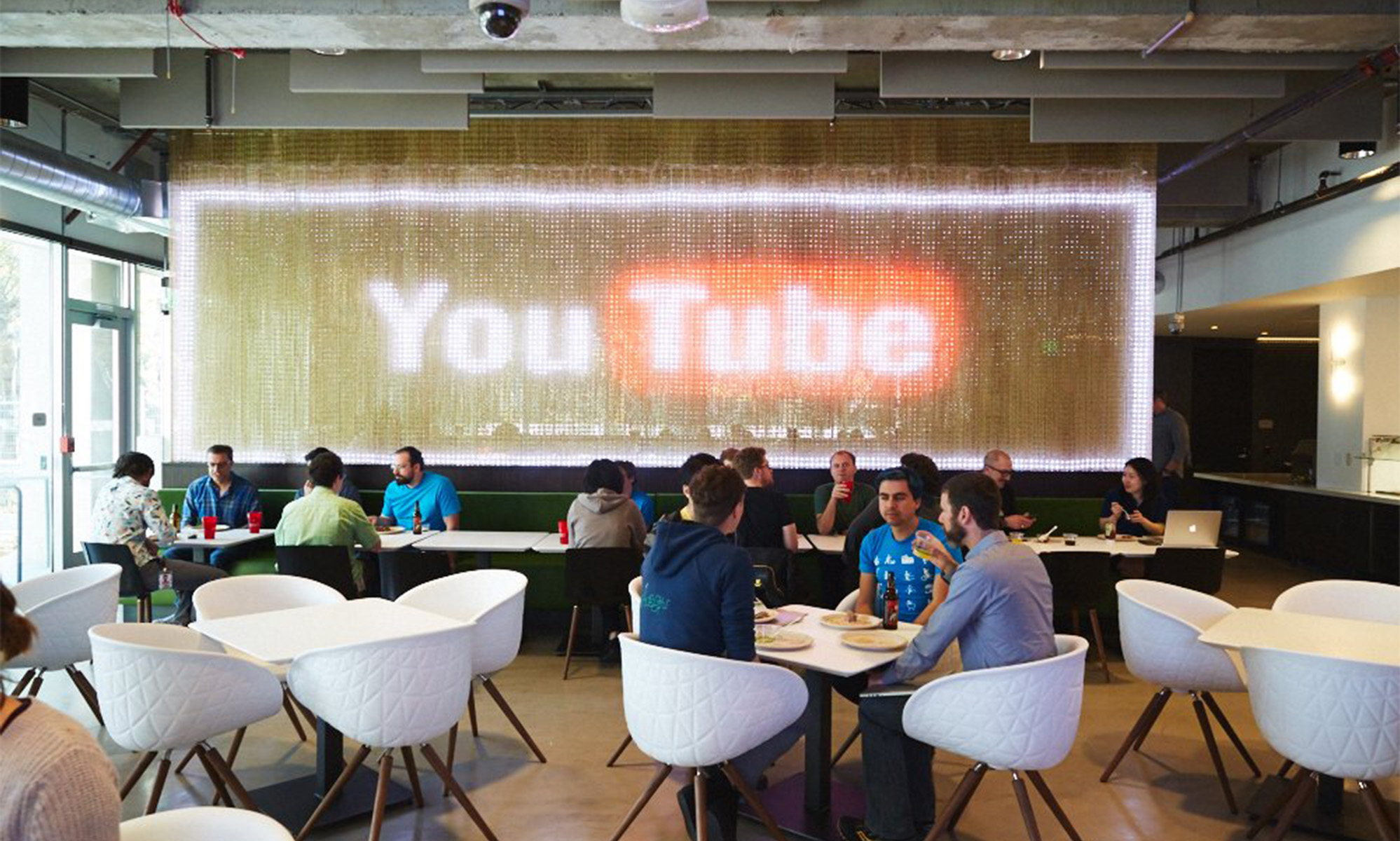The season that immediately succeeds tablet discount season is none other than tablet upgrade season. A handful of tablet vendors have been dropping prices ahead of new models, and Google (GOOG 0.83%) was one standing pat. At the search giant's special event this morning, it was the first to kick off the upgrade season among the major players.
Say hello to the second-generation Nexus 7.

Source: Google.
Google has tapped ASUS again as the manufacturer for its flagship 7-inch tablet, with some notable improvements all around. All the rumors were true. Google has opted for a sharper 1,920 x 1,200 panel, which packed into a 7-inch display translates into 323 pixels per inch. The device is thinner and lighter than the first-generation model and Google has added a 5-megapixel rear-facing camera, which was absent altogether last time around.
The tablet will come with the newest version of Android, 4.3 Jelly Bean, that was also announced today.
Under the hood, Qualcomm (QCOM 1.22%) has indeed displaced NVIDIA (NVDA 0.29%) as the processor vendor, with the second-generation Nexus 7 sporting a Snapdragon S4 Pro instead of a Tegra. While NVIDIA had delayed its Tegra 4 in order to focus on its Tegra 4i, the new Nexus 7's later-than-expected launch puts it within reach of NVIDIA's Tegra 4 schedule (ramping this quarter).
That points to another possible reason why Google and ASUS may have switched to Qualcomm. The new Nexus 7 packs in LTE connectivity, which is being offered on a single model that will run unlocked, yet be compatible with multiple domestic carriers. That's surprising given the intense LTE frequency fragmentation that currently plagues the industry.
The processor inside is Qualcomm's APQ8064, which does not have an integrated baseband. In February, Qualcomm did announce a new RF360 Front End Solution that addresses LTE frequency fragmentation. Products with these chips were expected in the second half of 2013, so the new Nexus 7 is quite likely the first major consumer product sporting Qualcomm's new offering.
Google is increasing the pricing up to $229 for an entry-level 16 GB model, which jumps to $269 for double the storage. Adding in LTE connectivity boosts that price tag up to $349.
With the announcement, the ball bounces back into Amazon.com's court in September, which will then be followed by Apple in October. There haven't been many rumors about when Microsoft will update Surface. Tablet upgrade season just began, but it will last at least a couple more months.











